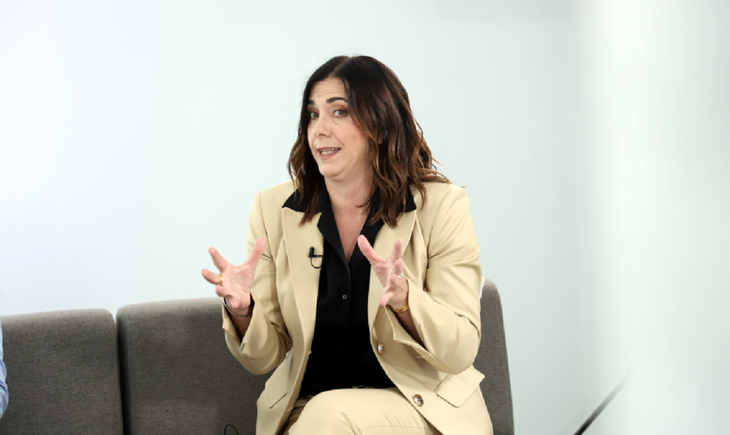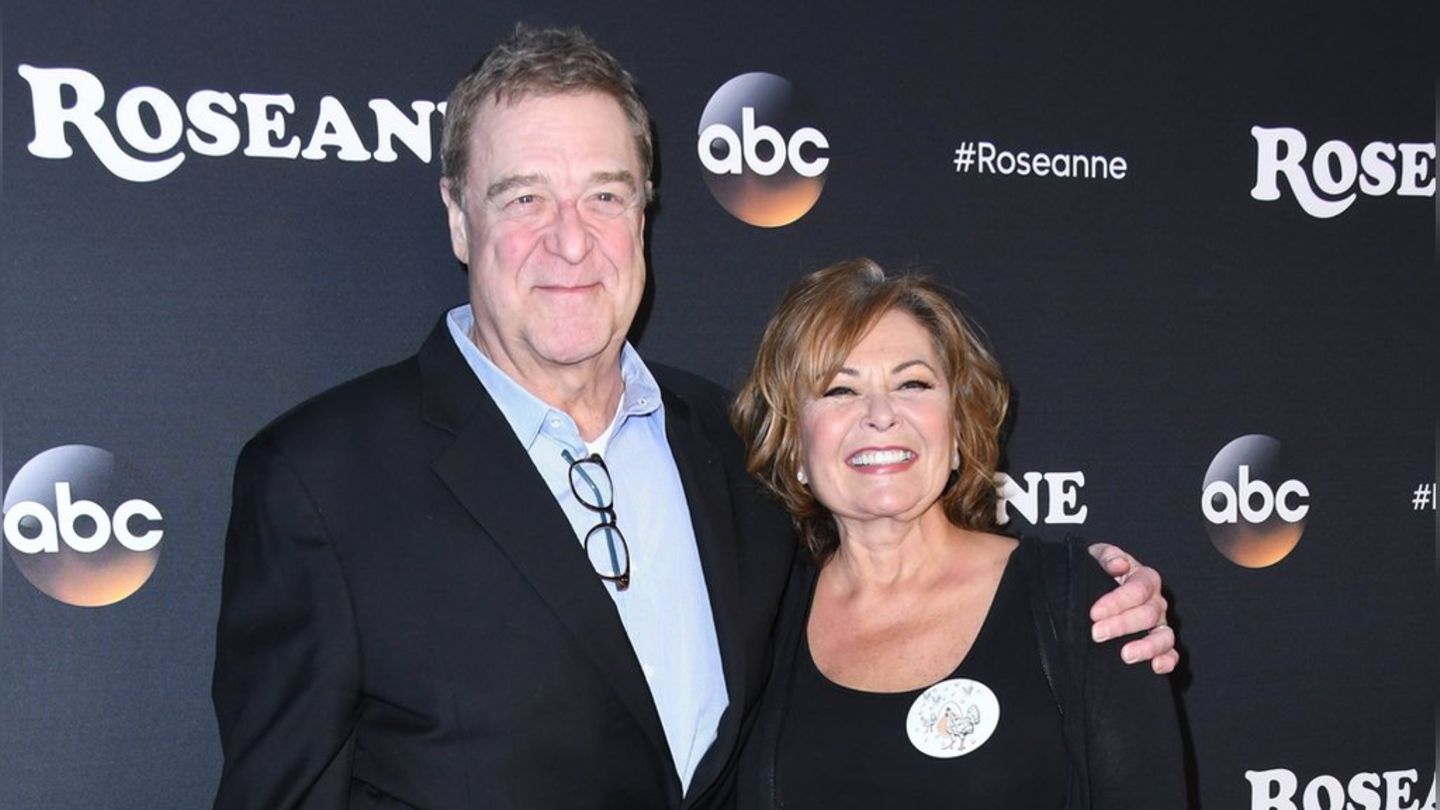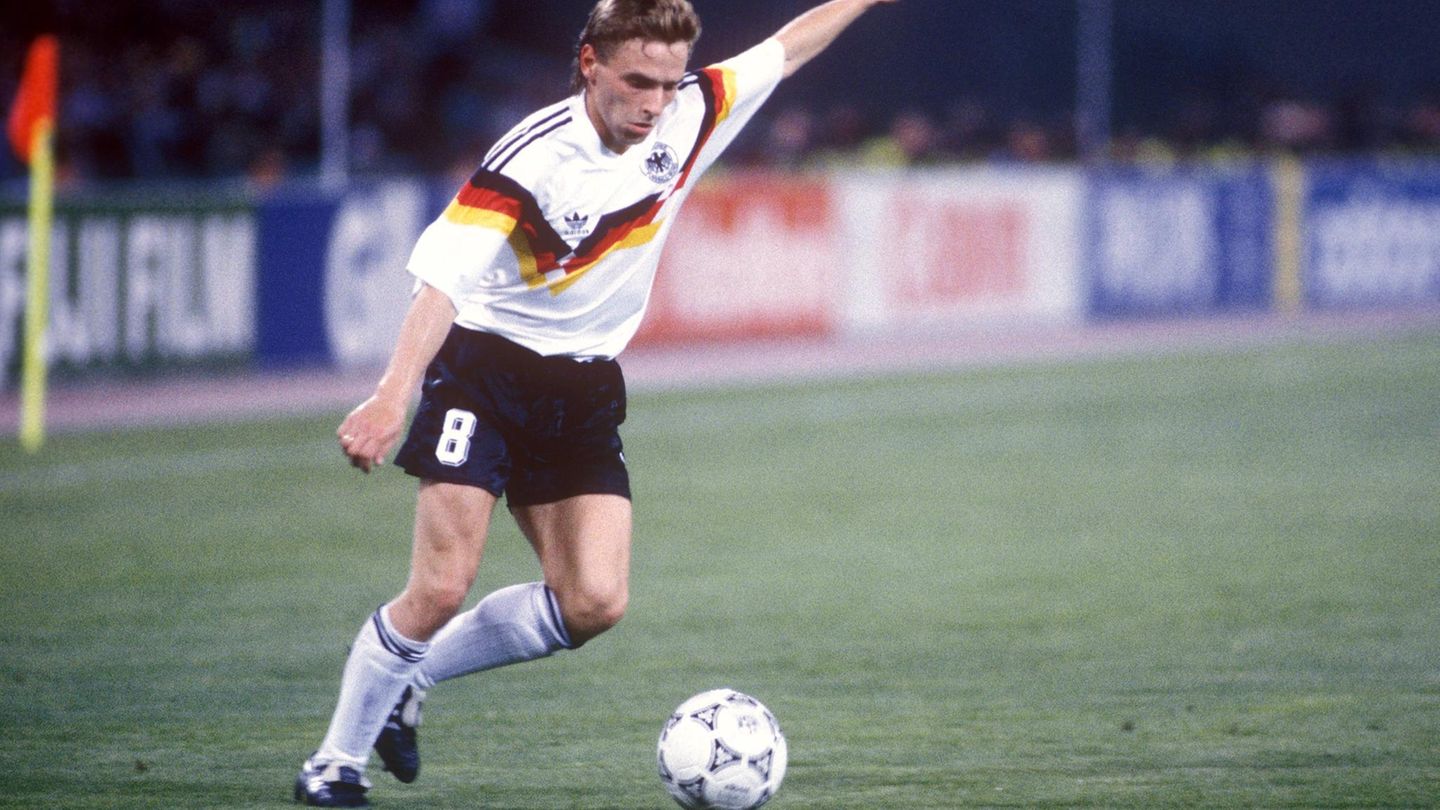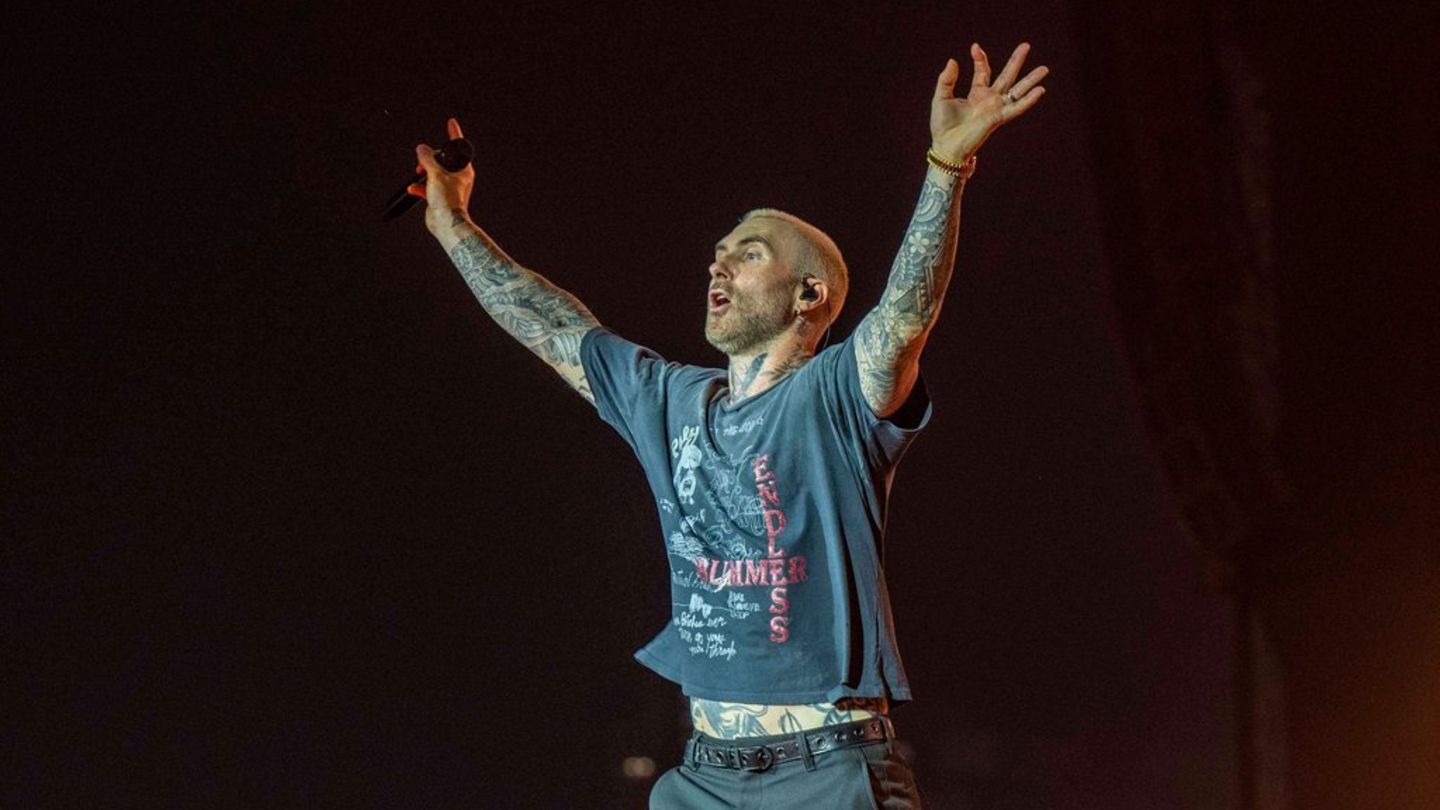Barrales called to “understand that Sustainability is the business strategy and you can’t think of a business if you don’t think of it with those three pillars, including profitability, which is what keeps a company going.”
panel9.png
“We have just rethought our sustainability strategy and today it has two axes: one for people and one for the planet. From there we built eight agendas that have to do with everything from sustainable agriculture to the care and regeneration of these ecosystems. Another that has to do with circular vocation “Because we are constantly taking tons of packaging to the market. It is the way to do business so that in 20 years we can still have a business,” he said.
The projects
Domaine Bousquet This year, the company published its first sustainability report to “organize the future and short, medium and long-term objectives, with a horizon of 2030.” “Sustainability is a path, a journey. We work very hard on the water footprint, which is very important for wineries in Mendoza. We also work hard on the carbon footprint and recycling,” he said.
“We can’t do everything alone, it’s a collaborative effort. We have to educate the consumer. A high-end wine should be in a lightweight bottle, because that helps a lot. It’s important to work on communication with clients and consumers,” he added.
In turn, Barrale highlighted the water axis and the circular vocation. “In 2010, to make a litre of beer we used 9 litres of water. Today we use 3 and we are on our way to using 2 and a half, which is the world standard,” He stressed, while mentioning awareness campaigns on responsible consumption of alcoholic beverages.
And he noted: “Today, 100% of CCU packaging is reusable, compostable or recyclable. and we are working on a design to reduce the amount of material. And we have two packaging recovery programs in communities in Argentina: recyclers and recuperos, who work in more than 40 cities and put more than 3,000 tons of recyclables back into the production circuit.”
Customer demands
Bousquet pointed out that “customers are starting to feel pressure” and compared: “We see it for example in Europe with retail chains. It is seen a little less in the United States and Argentina, But it is coming because there are global sustainability objectives and then governments begin to drive that towards the private sector.”
“If we don’t do it, we will continue to suffer from climate change, which we see as farmers. So we have to act, but it is true that We also need consumers to be able to demand more sustainable products,” express.
In this regard, Barrale considered that “We don’t see it as a very strong pressure in South America yet,” although he admitted that many clients ask questions. “Large event producers ask how we are going to measure the carbon footprint and what we do with the waste or what would you do to support me with this,” he explained.
And he highlighted: “So there is beginning to be that demand that did not exist 5 years ago and today there is beginning to be a lot of consultation and co-working with the client. 8 out of 10 consumers think it is important, but they would not pay more for a product that is more sustainable. But there is a strong demand that the person responsible is not one person, but the government or the company.”
Barrale focused on the value chain. “To make beer, we use malt. Little by little we are increasing the number of tons of malt grown sustainably in Argentina, which involves fewer agrochemicals, less water consumption and a much more efficient process,” he stressed.
He added “all the glass that we recycle, which is more than 60% of the industry, and returns to the bottle manufacturers, who supply us with quality bottles again,” while he added control at the points of sale over the efficiency of the refrigeration equipment so that the client “can be trained to sell better and make more efficient use of the conditions of their business.”
Meanwhile, Bousquet said: “We are constantly working and also looking at investments with suppliers to help us in terms of sustainability. We need to engage in dialogue with the entire value chain to see how we can improve packaging.”
Sustainable production and future opportunities
“For us, the roadmap is the 2030 strategy. We have to reach that number, which is extremely difficult because it means reducing water consumption and reducing electricity consumption by 60% or recovering 100% of industrial waste. Or reaching 50,000 customers with training and education. It is a path, not a goal, that you take every year without losing sight of the fact that you have to go there.” said the CCU representative.
panel999.png
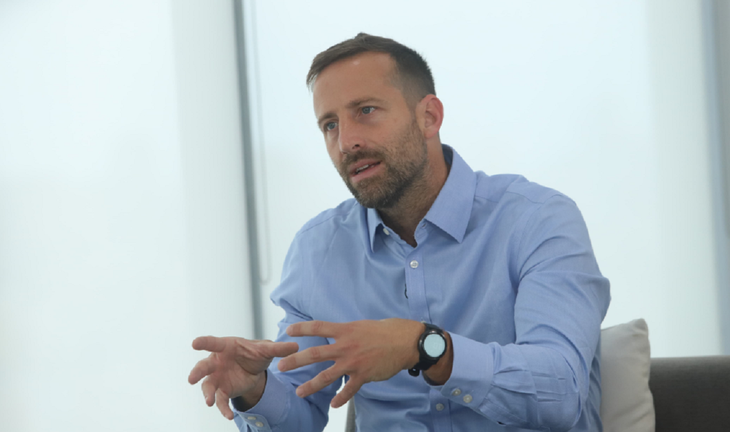
And he admitted that Argentina “is very well positioned in CCU with goals in some cases better than Chili and very well compared to other countries like Uruguay, Paraguay, Bolivia and Colombia”. “We have a team that works in a very orderly manner and there is no debt with respect to other countries,” he said.
Meanwhile, Bousquet considered that “The water issue is key” and said: “We depend on nature and the government of Mendoza. There is a lot of work to do.”
“We have enormous quality potential in Mendoza, very good wines and a very good altitude. The problem is the limitation of water and we have to work because we can save a lot in water management. So, the water footprint is fundamental”, he pointed out.
In this regard, Barrale highlighted the financing of the water bottom “to implement nature-based solutions that protect the river basin.” “These are long-term projects, the important thing is to work on them to be sustainable over time and to ensure that the basin does not lose flow and can continue to operate,” he stressed.
Meanwhile, Bousquet focused on the fact that “collaboration is needed to move towards a more sustainable world”, as well as on the role of banking in achieving these goals. “returns on sustainable investment”, to go “from being a cost center to a value creation center.”
The CCU representative also spoke out, highlighting: “It is not a zero-sum game. We have to work with many other companies in the same industry that compete in the market, but there is a common agenda on these issues. The most important thing is to understand that Sustainability is a business strategy, not a pretty shell or a storytelling.”
Source: Ambito
I am an author and journalist who has worked in the entertainment industry for over a decade. I currently work as a news editor at a major news website, and my focus is on covering the latest trends in entertainment. I also write occasional pieces for other outlets, and have authored two books about the entertainment industry.

